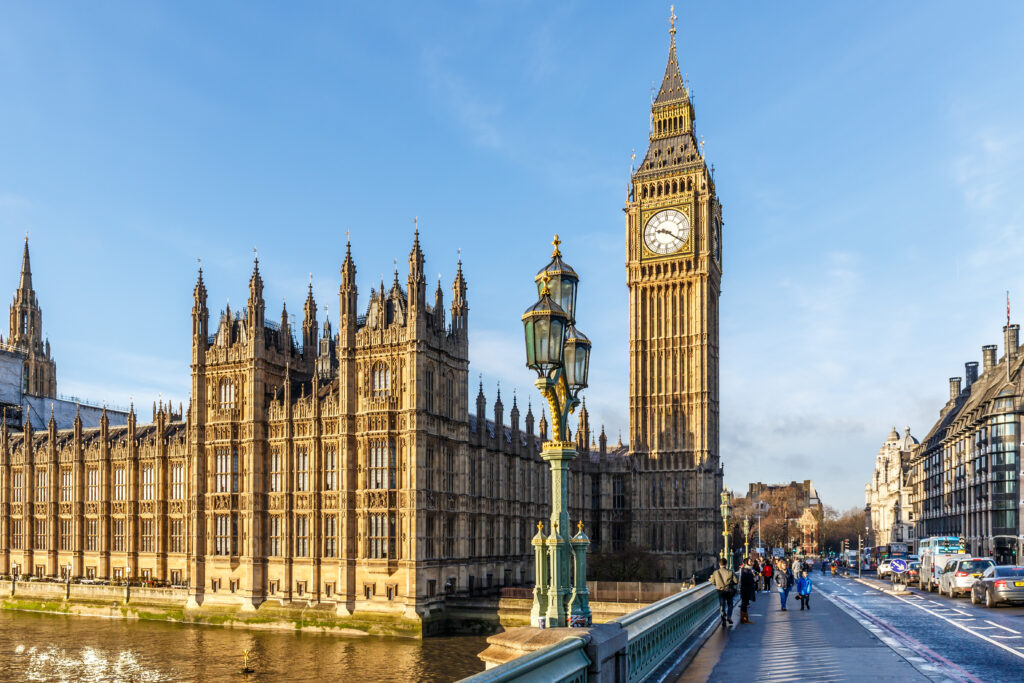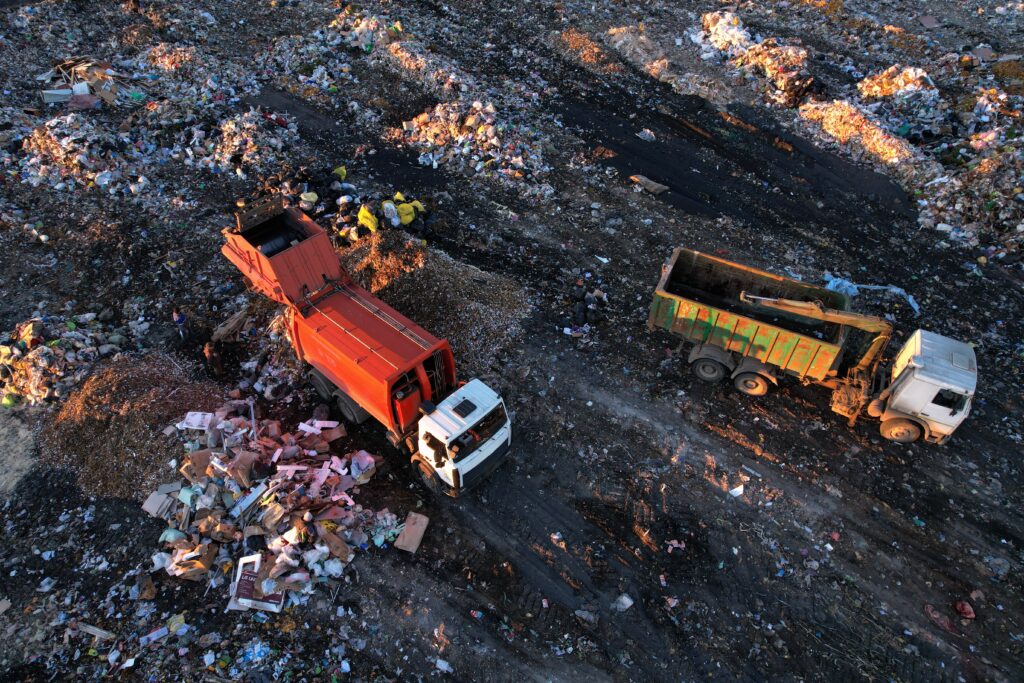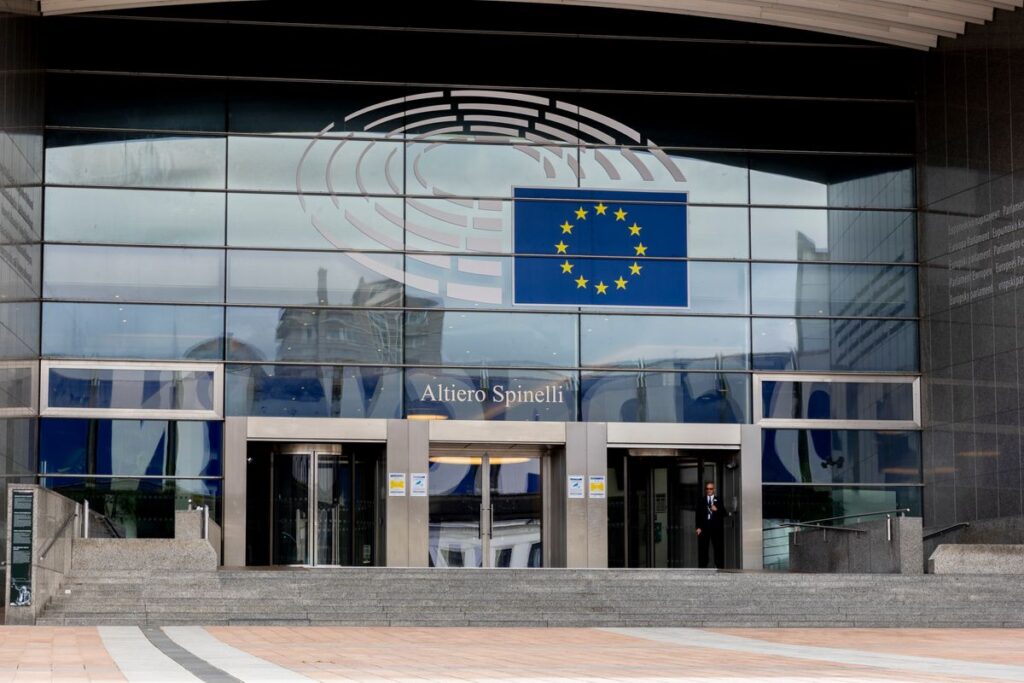Part of MORI's annual environmental report, the survey interviewed over 2,000 adults and found that 26% of the public ‘strongly support’ and 37% ‘tend to support’ a plastic bag levy, while only 27% actively opposed the idea.
MORI researchers said the survey shows the public is much more sympathetic to new charges if there is a clear environmental benefit, and any revenue is ring-fenced for environmental initiatives.
Philip Downing, head of environmental research at the MORI Social Research Institute explained: “The ‘polluter pays’ principle seems more acceptable than other forms of charging, because of its simple logic; penalising ‘bad’ activities that are undesirable and promoting those which are ‘good’.”
The Republic of Ireland has been running a levy the equivalent of 10p on each bag since March 2002. Although it has reportedly brought in about 6.6 million in revenue and cut down the use of plastic bags by 90%, there have been some criticisms that the scheme leads to security difficulties for supermarkets, and that plastic bin liner sales have increased substantially (see letsrecycle.com story).
In England, Durham county council is taking a lead on the issue of plastic bags, seeing it as a priority area for waste minimisation. However, local councils do not have the necessary powers to initiate a charge, so the council is attempting to engage local retailers in a voluntary scheme (see letsrecycle.com story).








Subscribe for free